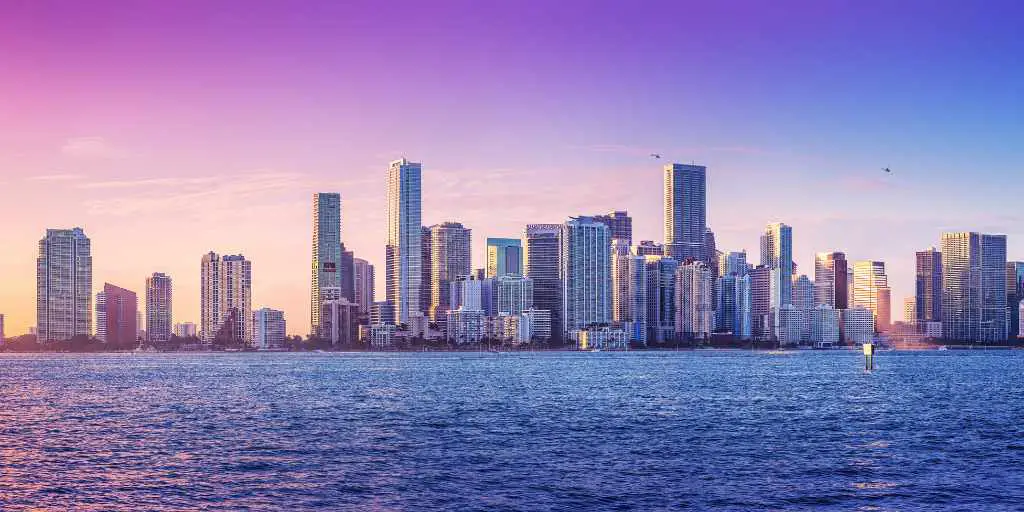As a server of alcohol in Washington State, obtaining a Mandatory Alcohol Server Training (MAST) permit is not just a legal requirement but a testament to your commitment towards the safe and responsible serving of alcohol. Let’s delve into the details of what this entails.
Key Takeaways
- The MAST permit: A Mandatory Alcohol Server Training (MAST) permit is a legal requirement for anyone serving, selling, or handling alcohol in Washington State.
- Responsible Serving® of Alcohol Course: This course is crucial for obtaining a MAST permit and provides the necessary knowledge and skills to serve responsibly.
- Types of MAST permits: In Washington State, there are two types of permits – Class 12 Mixologist Permit and Class 13 Server’s Permit.
Washington Responsible Serving® of Alcohol Course Approval
Understanding the Washington Responsible Serving® of Alcohol Course is a critical first step towards obtaining your MAST (Mandatory Alcohol Server Training) permit.
What is the Washington Responsible Serving® of Alcohol Course?
The Washington Responsible Serving® of Alcohol Course is a training program designed to meet the requirements of the Washington State Liquor, and Cannabis Board approved (WSLCB) to equip you with the knowledge and skills to serve alcohol responsibly. It covers everything from identifying fake IDs to recognizing signs of intoxication.
Does Washington State Law Require Alcohol Server Training?
Yes, under Washington state liquor laws, alcohol server training is a legal requirement.
Legal Requirements
Navigating the legal landscape of alcohol service can be complex. However, it’s essential to understand that state law and the Liquor and Cannabis Board require this training for all alcohol servers, including those becoming bartenders.
The Importance of Adherence
Complying with these laws is not just about avoiding legal consequences. It’s about ensuring your patrons’ welfare and your establishment’s reputation.
What is a MAST permit?
In Washington State, two types of Mandatory Alcohol Server Training permits cater to different roles within the alcohol sales and service industry.
Class 12 Mixologist Permit
A Class 12 Mixologist Permit is an alcohol server permit reserved for those at least 21 years old. It allows them to make alcoholic beverages, draw alcohol from a tap and mix drinks for on-premises consumption.
Class 13 Server’s Permit
A Class 13 Permit is for individuals at least 18 years old and allows them to take alcohol orders, carry drinks and pour drinks into a customer’s glass at the customer’s table but not pour alcoholic mixed drinks.
Who needs a MAST permit?
A Washington MAST alcohol permit allows you to do alcohol tastings with the proper official MAST permit, with requirements for staff.
- Events requiring a permit:
- Most people in the industry work for an establishment that carries an On-Premises Liquor License. Alcohol servers must obtain a MAST Permit within 60 days of their initial hire.
- Tasting Room: A brewery, winery, or distillery can conduct alcohol tastings with a liquor license and can add this endorsement to serve alcohol at another location. Staff must obtain a MAST Permit within 60 days of hire.
- Liquor Cater: A restaurant with a liquor license can add this endorsement to serve alcohol at offsite events that it is hired to cater. Staff are required to obtain a MAST Permit within 60 days of hire.
- Grocery Store Beer/Wine Tasting (Liquor License): Individuals conducting an alcohol tasting must be able to present a permit. There is no grace period.
- Sports Entertainment Facility (Liquor License): Venues that host music festivals, like the Gorge Amphitheater in Quincy, Washington, carry this license. Staff must obtain a MAST Permit within 60 days of hire.
- Don’t require a permit:
- Washington State Liquor and Cannabis Board (WSLCB) issues temporary liquor licenses for events where permits aren’t legally required but recommended.
- A Special Occasion License for organizations allows them to sell liquor at a specific time, date, and place.
- A Banquet Permit is typically issued for the consumption of liquor at a private, invitation-only gathering held at a public place or business.
How Do I Get my Washington State MAST Permit?
The first step to obtaining your MAST permit is to complete the alcohol education class. Following that, you must pass the exam and then apply for the permit through the Liquor and Cannabis Board.
You can expect to invest a few hours in training and a small fee for the permit. The permit usually arrives within 30 days of application. The MAST Permit is mailed to you, which usually takes a week or two.
How Long Does MAST Permit Last?
A MAST permit is valid for five years from the date of issue.
Renewal Process
When renewing your MAST permit, you must retake the course and reapply for the permit.
Techniques for Providing a Safe Environment for Your Customers
Being a responsible server of alcohol goes beyond understanding the laws and obtaining the necessary permits.
Identifying Risks
One of the first steps to creating a safe environment is identifying potential risks, including patrons who may be prone to excessive drinking or becoming intoxicated and underage customers or individuals attempting to purchase alcohol.
Safety Measures
With potential risks identified, it’s crucial to implement measures to avoid irresponsible alcohol service, such as refusing service to intoxicated individuals and checking IDs diligently.
Preventing Drunk Driving Through Education
Education plays a crucial role in preventing drunk driving. Here are some effective strategies:
Know Your Audience
One size doesn’t fit all regarding education about drunk driving prevention. For instance, talking to teenagers about the dangers of drunk driving might involve visual and simulation modules. For adults, dialogue about responsible alcohol use may be more appropriate.
Interaction
Interactive activities can enhance an alcohol education program. Tools such as the Fatal Vision® Alcohol Impairment Goggles can provide a realistic sensation of impairment’s personal and mental effects.
Engagement
Simulating real-life situations can provide a sobering reality check. Experiences like simulated crashes can create lasting impressions that may deter individuals from drunk driving.
Conclusion
Navigating the world of Washington state regulation involves understanding the laws, obtaining the necessary permits, and implementing strategies to ensure the safety of your customers and the wider community while serving alcohol here. By following these guidelines, you who support responsible alcohol service can serve responsibly and contribute to a safer environment for all.




